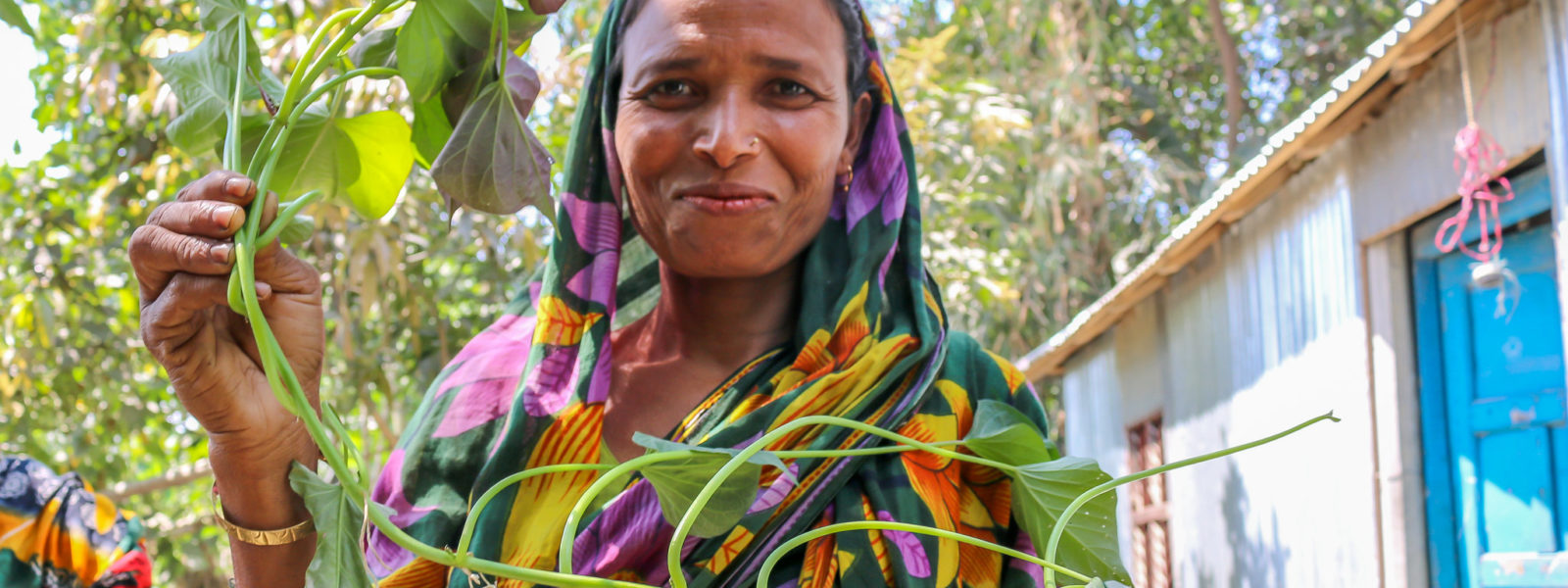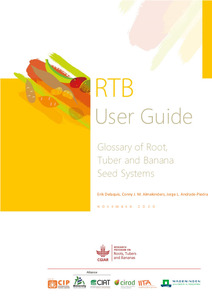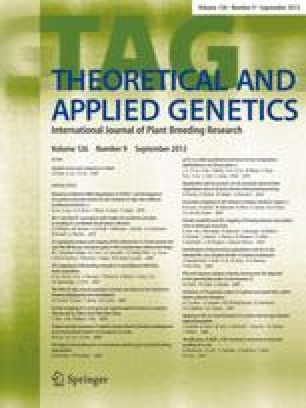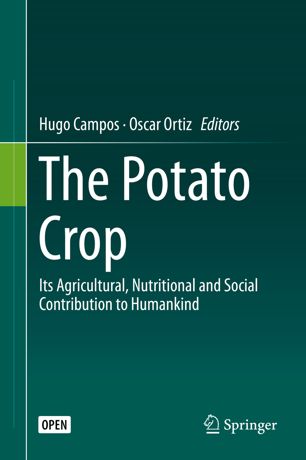When it comes to agricultural systems, women and men don’t always see eye to eye. Their preferences, experiences, and the extent of their access to resources are often quite different. And agricultural research for development projects struggle to deal with the complexity of these gender dynamics.
A new portal launched by the CGIAR Research Program on Roots, Tubers and Bananas (RTB) guides how we can develop critical questions and methods for agricultural research that take these gender differences and power dynamics into consideration.
“We’ve drawn on our experience in strategic gender research, such as the GENNOVATE initiative, to build a portal dealing with issues related to gender, power, and social relations,” says Graham Thiele, Director of RTB. “This portal provides a resource so that scientists can refer to high quality and proven research when they are developing and assessing innovations. And that, in turn, will help ensure women and men have equal access to agricultural innovations.”
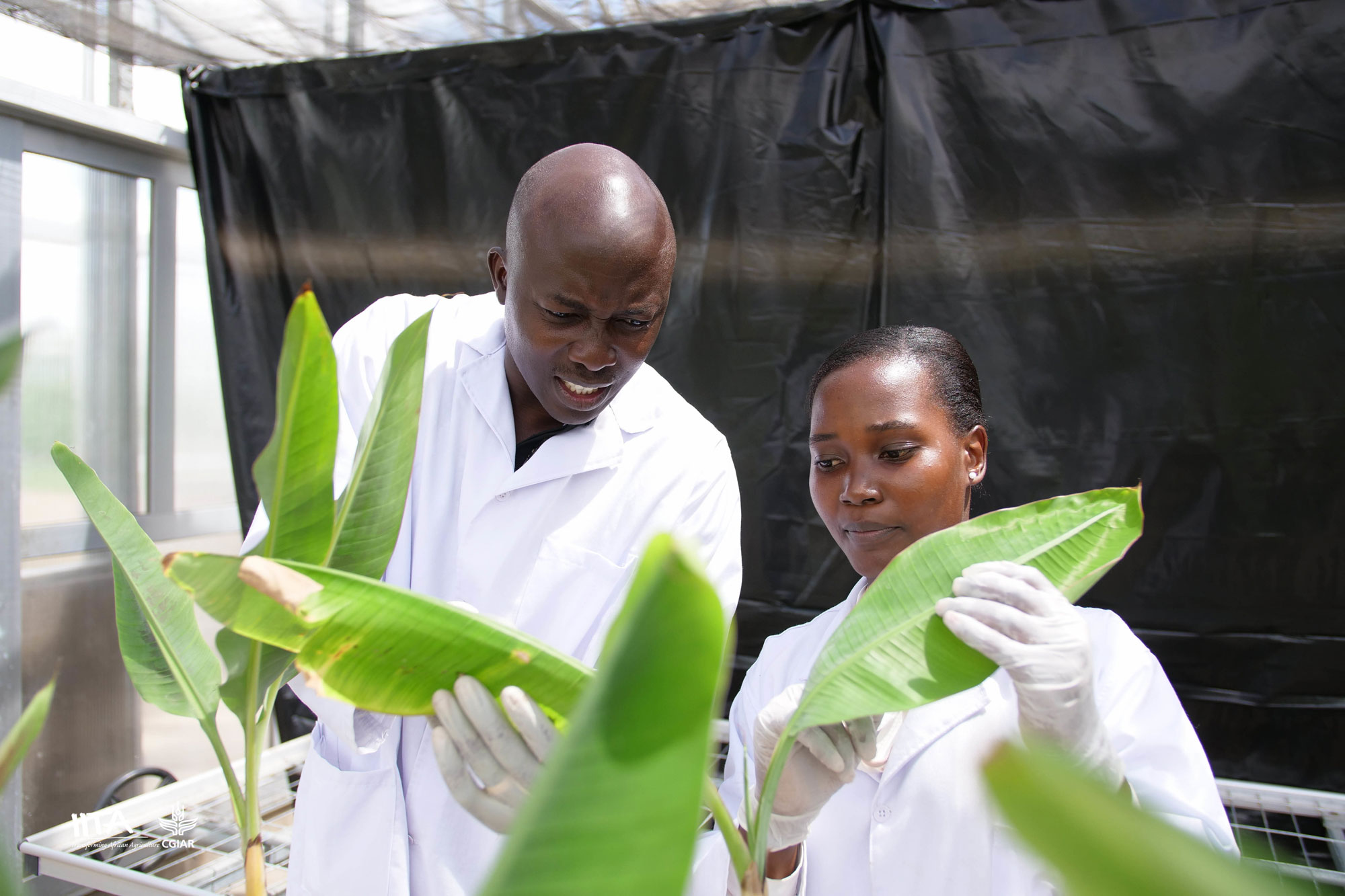
Gender responsiveness
The underlying principle behind this portal is the concept of gender responsiveness.
“Gender responsiveness goes beyond simply collecting and analyzing data from men and women separately to consider how any proposed innovation will affect particular sub-groups of society,” says Nicoline de Haan, Director of the CGIAR GENDER Platform. Being gender responsive means that projects address gender specific needs and roles and encourage equal participation and fair distribution of benefits.
“This approach is crucial if we are to foster the kinds of changes that are required to address existing gender inequities and improve livelihoods for those who are structurally disadvantaged based on their gender,” says de Haan.
Resources across multiple themes
The portal includes gender responsive resources which cover various themes across food systems such as breeding, participatory varietal selection, seed systems, plant health, value chains, scaling, and youth inclusion. It helps researchers advance towards gender equality, youth and social inclusion in all five One CGIAR impact areas.
“We’ve built the portal with three major outcomes in mind,” says Thiele. “It will promote equitable empowerment and access to agricultural innovations, increase the potential positive impact of innovations on gender equality and ensure that the development of innovations and their assessment are informed by high quality and efficient gender research.”
Visitors to the portal will find stories and research highlights about past experiences and illustrate how these can be used to produce better research outputs. Case studies showing how approaches in the past were gender blind and are contrasted with new gender responsive guiding materials developed in collaboration with teams working in different technical areas.
The portal will act as a one-stop resource repository for different stakeholders including university researchers and students, agricultural extension workers, funders and the private sector. It also links to resources with the CGIAR GENDER Platform where information and knowledge related to gender are shared and discussed. For example, it will contribute to the curation and development of research methods planned in the GENDER Platform’s Methods module.
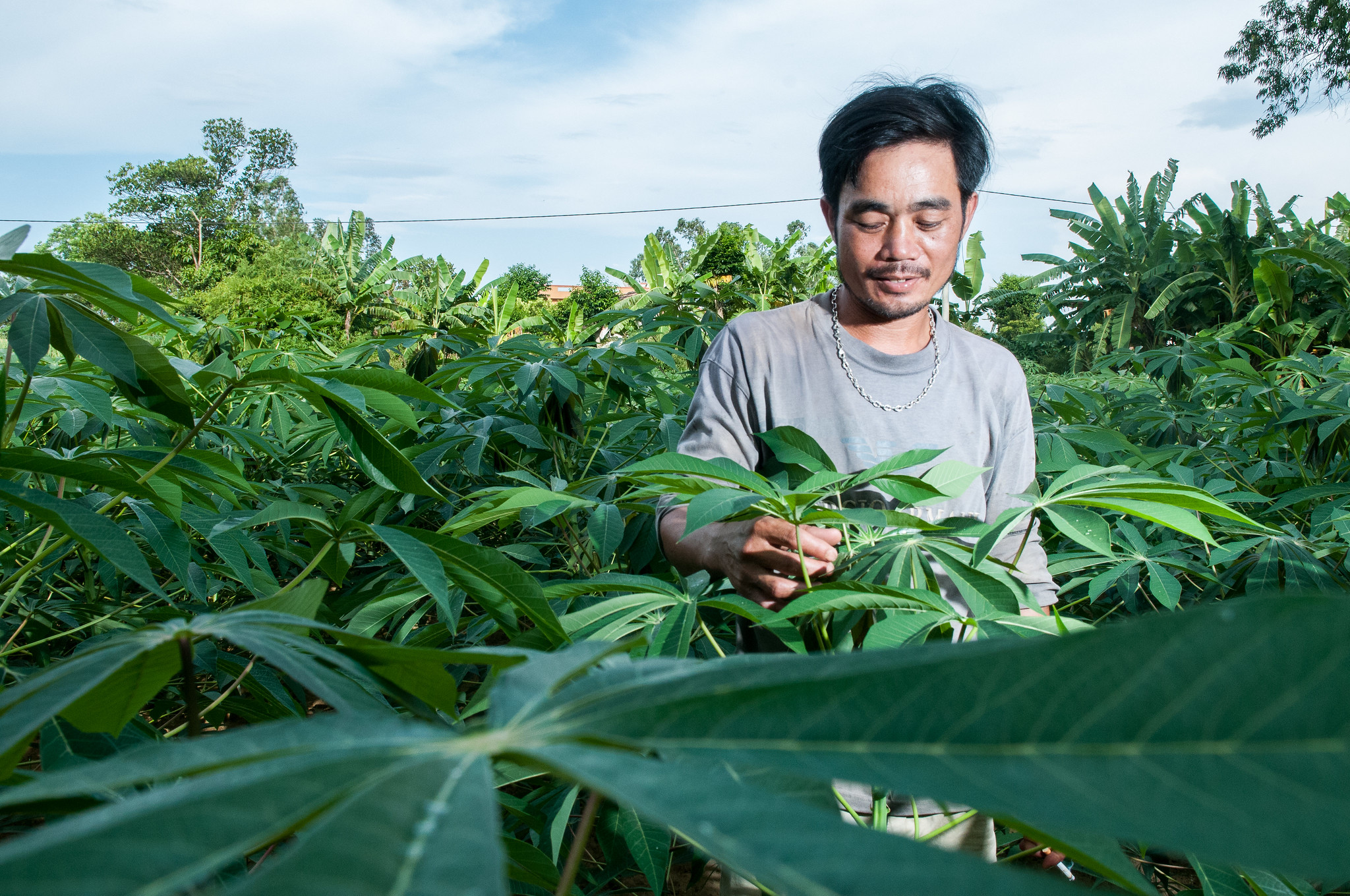
Tools and approaches at a glance
Some of the resources of the portal are being piloted in cassava, banana, sweetpotato and bean breeding programs in collaboration with the CGIAR Excellence in Breeding Platform (EiB). Other resources like those on gender-responsive scaling and inclusive value chain development have great potential to contribute to national and regional research and academic actors.
An incubation period
This portal is one of a set of assets, called “golden eggs,” where RTB and its partners have pooled their collective knowledge. RTB is making these golden eggs available online as a resource for wider use. Golden eggs are frameworks, approaches, and tools along with their community of developers and users that show the value-added of the RTB partnership collaboration. Together with other appropriate technologies, the golden eggs can make an important contribution to realizing the UN’s Sustainable Development Goals for 2030.
“These golden eggs are like real eggs in a sense,” says Thiele. “RTB will incubate them by incorporating feedback from all partners. We’ll continuously refine them more valuable going forward, and we will also anticipate adding new golden eggs to the basket.”
“We feel that this gender responsive AR4D portal golden egg will really shine as it is a positive contribution from RTB to ensure that all of our work in agricultural research in development is gender responsive,” says Thiele. “We look forward to nurturing this egg and watching it hatch and grow in tandem with the CGIAR GENDER Platform and One CGIAR.”
